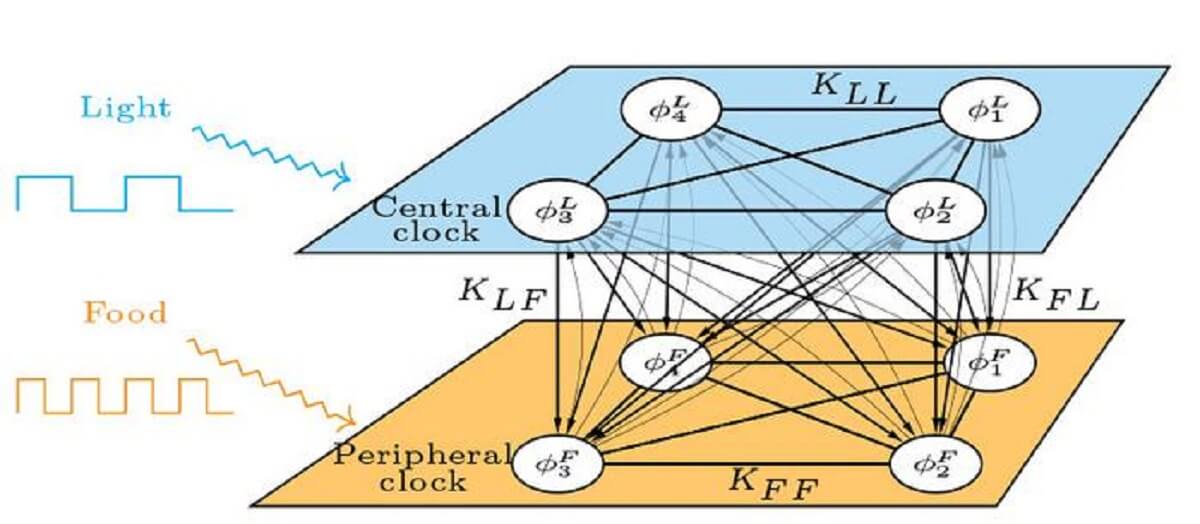EVANSTON, Ill. — Eating a hearty breakfast upon reaching your travel destination could mitigate the effects of jet lag, according to scientists. Researchers who study circadian rhythms suggest that adhering to regular meal times in a new time zone can help recalibrate our internal body clocks.
A team of scientists from Northwestern University and the Santa Fe Institute in New Mexico have developed a mathematical model to understand how our internal clocks respond to aging and disruptions like jet lag. The model also indicates that erratic meal schedules and late-night snacking can misalign our internal clocks.
Jet lag occurs due to a misalignment between the body’s internal circadian system and the new time zone we find ourselves in. Decades ago, researchers discovered that our bodies contain multiple internal clocks calibrated in different ways. These clocks fall out of sync with each other, particularly as we age, leading to symptoms resembling jet lag.

The study provides a comprehensive mathematical framework that captures the complex interactions between different internal clocks. These clocks are present in nearly every cell and tissue in our bodies. For instance, the brain’s clock is influenced by sunlight, while the peripheral organs adjust their clocks during meal times.
Using this model, the researchers explored how the system could be thrown off balance by sudden changes like switching time zones. They found that aging-related factors, such as weaker communication between internal clocks and reduced sensitivity to light, make the system more susceptible to disruptions and slower to recover.
“Conflicting signals, such as warm weather during a short photoperiod or nighttime eating — eating when your brain is about to rest — can confuse internal clocks and cause desynchrony,” says study co-author Dr. Yitong Huang in a media release. “Most studies primarily focus on one particular time cue or a single clock. Important gaps remain in our understanding of the synchronization of multiple clocks under conflicting time cues.”
The research team is also planning further studies to identify factors that can boost the resilience of our internal clocks. These could offer strategies not only for preventing jet lag but also for maintaining healthy circadian rhythms as we age.
“Having a larger meal in the early morning of the new time zone can help overcome jet lag. Constantly shifting meal schedules or having a meal at night is discouraged, as it can lead to misalignment between internal clocks,” adds Dr. Huang.
The study is published in the scientific journal Chaos.
South West News Service writer James Gamble contributed to this report.

